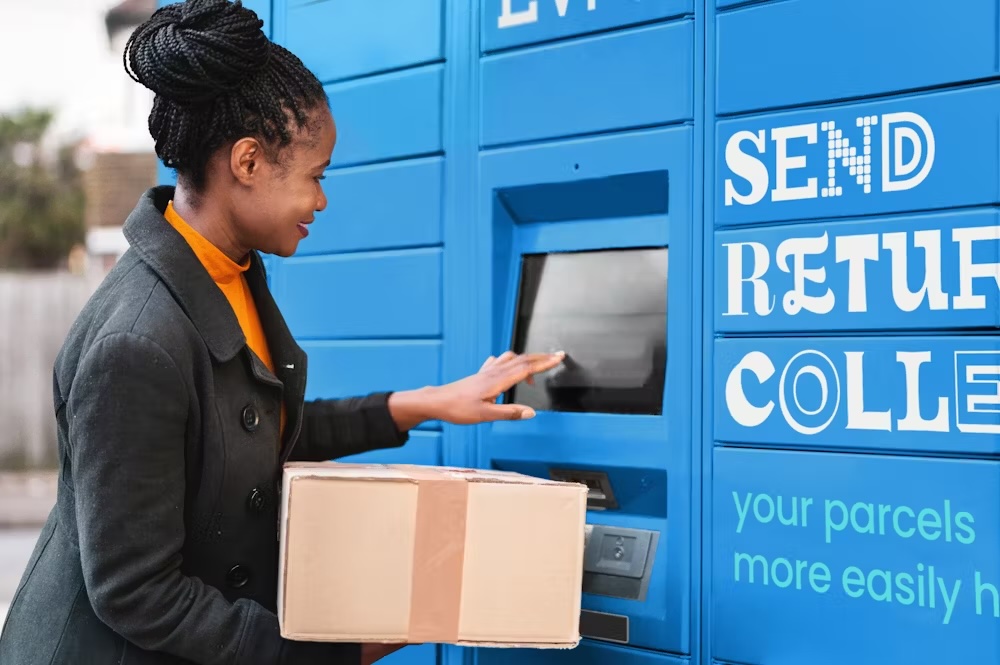Emissions from last mile deliveries are on track to rise 30% in 10 years as the number of urban dwellers and online shoppers grows, a new report says.
The analysis by the World Economic Forum said that demand for urban last mile delivery will grow 78% by 2030, leading to a 36% rise in delivery vehicles in inner cities.
As well as carbon dioxide emissions rising to 25 million tonnes per year, traffic congestion could rise by 21%.
The predictions are based on a number of underlying trends. By 2030, 60% of people are expected to live in cities and online retail will take up a 20% share of retail overall by 2023.
The report mapped out a range of options that could reduce emissions, including battery electric vehicles which could reduce CO2 emissions by 16%. Another option was delivery at night or during non-peak times, as well as multi-branded parcel shops which could house packages from multiple delivery players.
It outlined three potential scenarios. One, combining night delivery, electric vehicles and better enforcement of parking laws would create minor disruption for consumer habits but reduce local emissions by 35% and congestion by 25%.
Combining parcel lockers, express lanes and dynamic rerouting and load-pooling would cause more disruption to the consumer while reducing emissions 10% and congestion 30%.
What the report calls a multiplayer ecosystem scenario would use electric vehicles, off-peak delivery times, multi-brand parcel lockers and dynamic rerouting and load-pooling, resulting in 30% less local emissions and 30% less congestion.
Richa Sahay, lead, automotive and supply chain and transport, World Economic Forum, said the costs of such a scenario would be around $12.7 billion for any city with around two million inhabitants by 2030.
““A multiplayer approach is critical for optimising the decrease in congestion and emissions while also decreasing delivery costs,” she said.
Christoph Wolff, head of mobility, World Economic Forum, said: “Consumer demand for the convenience of online shopping and fast delivery is rising rapidly and companies are struggling to meet this demand with sustainable delivery options.
“Rising congestion and emissions from e-commerce delivery are already putting stress on city traffic patterns and this pressure will only rise from growing demand unless effective intervention is quickly taken by both cities and companies.”
Bernd Heid, senior partner, McKinsey & Company, said: “The ‘last mile’ is a complex, interwoven topic as it involves many ecosystem stakeholders. We have always had trends affecting the last mile, but not at that speed and not in parallel, not at this global scale.
“We see numerous technology and delivery chain solutions working independently. Our research shows, however, that in an ‘ecosystem scenario’ in which both public and private players work together effectively, delivery emissions and congestions could be reduced by 30% until 2030 when compared to a ‘do nothing’ scenario, and technology can help to bring delivery costs down by 25% at the same time.”








